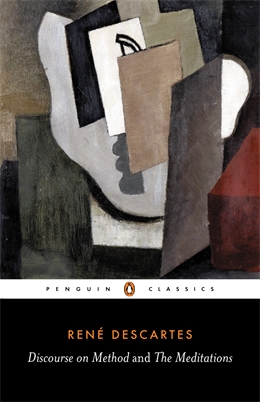Descartes Discourse on Method has long been regarded as a seminal contribution to modern philosophy. We can now see that it is also one of the key texts in the 'scientific revolution' of the seventeenth century. Ren? Descartes (1596-1650) did major research in optics, geometry, astronomy and physiology, although (partly because Galileo had just been condemned by the Inquisition) he published nothing until he was over forty. The Discourse forms the preface to his first collection of scientific papers (1637), sketching in a new method based on hypothesis and deduction which was soon to replace traditional techniques derived from Aristotle. This edition puts the work in context, by including extracts from Descartes' correspondence, the Rules for Guiding One's Intelligence and from The World - a posthumously published summary of his physical theories, which at one point in its chequered life had to be rescued from the river Seine. The age of Newton marks one of the great turning points in intellectual history; Descartes has a key place at its very heart.














